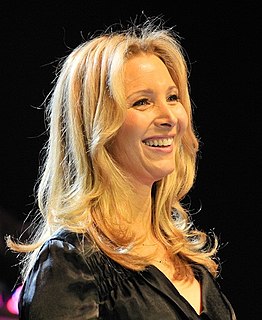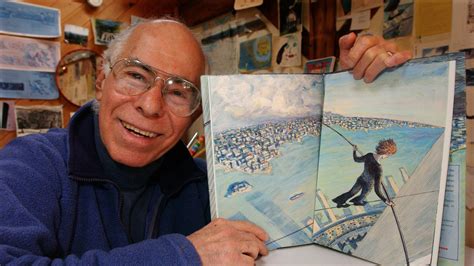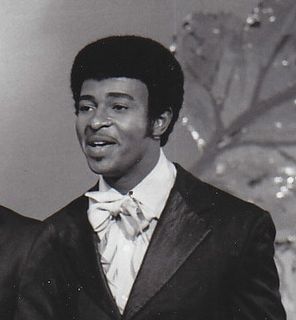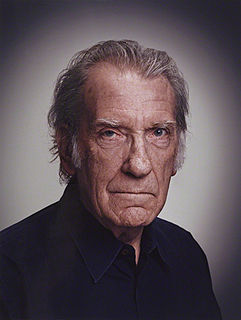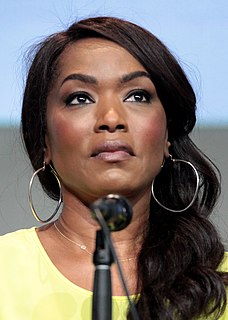A Quote by Hugh Masekela
The apartheid people were actors, and they had to act out their part in their beliefs every day. That's why we always saw them as being comedic.
Related Quotes
I think the success of every novel - if it's a novel of action - depends on the high spots. The thing to do is to say to yourself, 'Which are my big scenes?' and then get every drop of juice out of them. The principle I always go on in writing a novel is to think of the characters in terms of actors in a play. I say to myself, if a big name were playing this part, and if he found that after a strong first act he had practically nothing to do in the second act, he would walk out. Now, then, can I twist the story so as to give him plenty to do all the way through?
You are always here with me when I do so, at least in my heart, and it is impossible for me to remember a time when you were not a part of me. I do not know who I would have become had you never come back. I love you, Allie. I am who I am because of you. You are every reason, every hope and every dream I've ever had, and no matter what happens to us in the future, every day we are together is the greatest day of my life. I will always be yours. And, my darling, you will always be mine. Noah
Well, 9/11 made me think about the towers, and the fact that I lived in New York for a long time, while they were being built. In fact, I had a studio that was ripped out, along with the whole neighborhood, to put the towers in. I saw them go up. I lived with them, running past them in the morning. And they were like part of my furniture.
While we were walking around, we came to the Catholic church, and we saw that some people had set fire to carpets and banked them around the rectory, which was made out of wood. They knew every fire truck on the South Side was going to be in the park, that the rectory would just burn to the ground. Our one little act was putting out that fire.
But, finally, I had to open my eyes. I had to stop keeping secrets. The truth, thankfully, is insistent. What I saw then made action necessary. I had to see people for who they were. I had to understand why I made the choices I did. Why I had given them my loyalty. I had to make changed. I had to stop allowing love to be dangerous. I had to learn how to protect myself. But first… I had to look
You described the feeling you’d always had of being misplaced, of always standing to one side of yourself, of watching yourself in the world even as you were being in the world, and wondering if this was how everyone felt. That you always believed that other people had a clearer idea of what they were doing, and didn’t worry quite so much about why.



